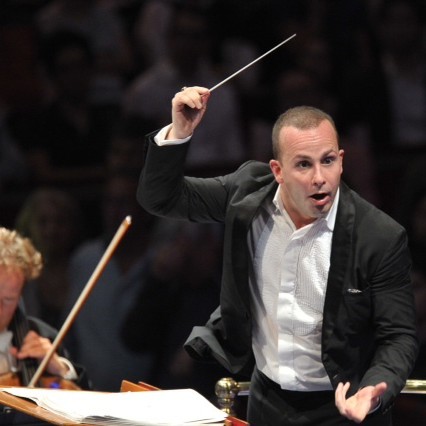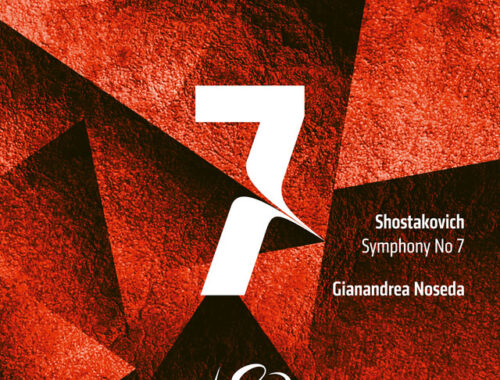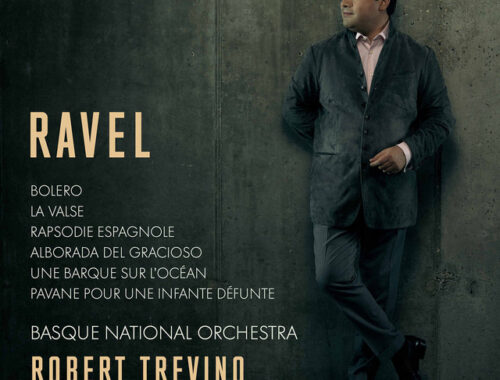London Symphony Orchestra, Uchida, Ticciati, Barbican Hall (Review)
From Mozart’s pen to Mitsuko Uchida’s fingers and one last time for Sir Colin Davis – Mozart’s wistful Rondo in A minor. If ever music crossed thresholds this not so little Rondo with its lilting Siciliana-like melody does. Eternity seems to be within its grasp as its sorrowful theme acquires ever more entrancing ornamentation making the simple so extraordinarily elusive. It was one of Sir Colin’s favourite pieces (he and me both) and as Uchida played it in tribute to him you could feel him in the room listening with self-evident delight.
This London Symphony Orchestra concert was to have been his, of course, and his young protégé Robin Ticciati was duty bound in a way to carry the programme forward exactly as Sir Colin had devised it. Uchida returned with more beloved Mozart – Piano Concerto No.17 K 453 – and the LSO became an operatic ensemble in which their leading lady displayed that suppleness and limpidity that have become her speciality. The atmosphere as ever was potently theatrical with our ears hanging on to every turn of phrase, and come the finale where Mozart, the showman, brandishes his variational skills with astonishing aplomb she and the LSO woodwinds were the tightest and most characterful of ensembles. There was an Uchida-special moment just before the coda where an instance of suspenseful opera seria was deliciously cast aside by the bustling arrival of the buffa coda.
A new piece, then, from Matthew Kaner that arrived fully-fledged and rejoiced in the fulfillment of beautiful sonorities and a relish of embellishment that aimed to seduce as surely as did Uchida’s Mozart. Supported by the Helen Hamlyn Trust as part of the Panufnik Young Composers Scheme The Calligrapher’s Manuscript made music of penmanship and progressed from a first half alive with virtuosic flourishes etched out in piccolo, E-flat clarinet, and steely tuned percussion to an “illuminated” second half comprising myriad siren songs as if the folksy melismas of Canteloube’s Chants d’Auvergne had been reborn in the 21st century. Kaner’s piece exhibited real orchestral craftsmanship and has tweaked my interest in hearing more of what he has to offer.
And so to the genial Antonin Dvorak and a rare performance of what we were once fed as being the “New World” Symphony at a time when the insane anomalies of numbering appeared to have mislaid half of Dvorak’s symphonic output. But the Fifth really is the Fifth, not the Ninth, and Bohemia’s woods and fields are once again alive with the sound of vigorous footwork. This rumbustious piece comes upon us like a compendium of Slavonic Dances with every engaging new theme arriving like an invitation to get to one’s feet. The LSO’s leader Gordan Nikolitch almost did and it was hard to tell how much of the exuberance of this performance was simply in the bones of an orchestra who’ve in their past given us two of the most significant recorded cycles of these symphonies under Kertesz and Rowicki respectively.
There was much to relish here, not least the lovely cello-led serenade of the Andante con moto which, with typical Dvorak effortlessness, eventually gets passed to the wind with the cellos embellishing. Even at its most “serious” this music puts a smile on your face. And what about that surge of Czech nationalism in the fiery finale where the strenuous attack of cellos and basses indicated just how naturally the robustness of this music comes to this orchestra.



